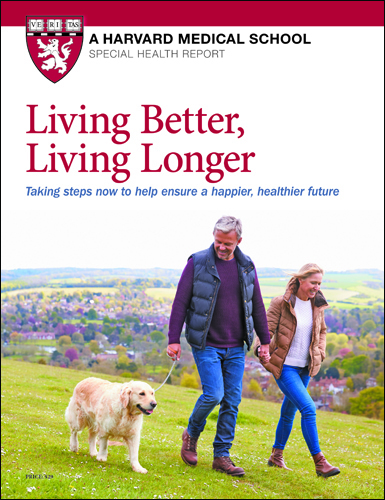What is a health care power of attorney?
A health care power of attorney is a legal document that permits you (the principal) to name a health care agent (sometimes called a health care proxy) who has legal authority to make medical decisions on your behalf if you are unable to make them yourself.
All adults should designate a health care agent. If you haven’t chosen anyone, a relative or court appointed guardian may be asked to make medical decisions for you. That person might not know your wishes or might not be comfortable following them. And if more than one close relative is at your bedside, the doctor may want all of them to come to a consen sus before following any of their instructions. Sometimes conflicts ensue, and decisions may be delayed. For example, let’s say your three adult children are there with you. Your doctor will probably want them all to agree before proceeding. But getting everyone to agree might be hard in such a stressful situation. It’s best if you’ve already appointed one person to handle medical decisions using your wishes as a guide.
Generally, both law and medical ethics dictate that your health care agent must make decisions that he or she thinks you would have made. This means that your agent must be very familiar with your values, goals, and priorities regarding your medical treatment. That requires honest conversations (see “Talking to your health care agent,” page 18), a written explanation of your wishes, or both.
Not completely certain about what you want? That’s okay. Reading the information in this report will help. The next chapter explains treatment options and key concepts (see “Step 1: Deciding on your wishes for care,” page 8). We’ve also created an informal docu ment called a health decisions worksheet (see page 30) that can help you make choices and communicate yourdecisions. Additional resources include online tools, smartphone apps, and even a card game designed to take you through the decision-making process (see “Online tools,” page 11). Note that your worksheet or online record is not legally binding, but it may provide more meaningful and flexible guidance than a formal, standardized living will.













